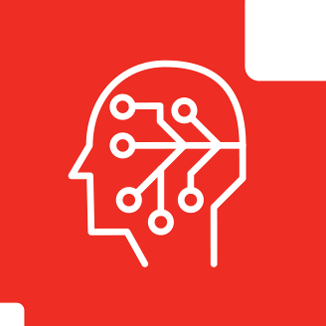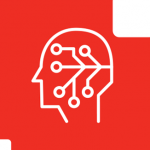COVID-19: Will conference diplomacy shift online?
In response to the ban on gatherings as a result of COVID-19, the ICANN67 Public Meeting, the spring meeting of the International Monetary Fund and the World Bank, and several other tech summits have been moved to the virtual space. Even though factors including climate change, travel costs, and visa restrictions are increasingly motivating the shift from onsite to online meetings, the recent developments in regard to COVID-19 have precipitated a surge in online conferencing, and without a doubt represent a major shift in diplomacy. This newly-arised situation will require the rethinking of how conference diplomacy will be pursued and what skills should be mastered by diplomats and civil servants.
To learn more about approaches and tools for online conferencing, please consult DiploFoundation’s Conference Tech Lab.
A duo in the making: Digital technology and environmental sustainability
While it is a well-known fact that digital technology has penetrated all aspects of human life, it is also increasingly impacting the way we interact with nature and the way the natural environment interacts with us. Over the last few years, a number of actors have tried to map the relationship between the two, however it is only lately that policymakers have become concerned with the matter. Recent initiatives such as the International Telecommunication Union (ITU) recommendation entitled ‘GHG emissions trajectories for the ICT sector compatible with the UNFCCC Paris Agreement’, the EU Commission’s ‘Shaping Europe’s digital future’, and the inclusion of the environment as a working track within the Internet Governance Forum (IGF) are all examples of this new awareness.
Technologies such as AI, big data, cloud computing, and blockchain could be used to conserve biodiversity, ensure ocean sustainability, monitor energy consumption, and ultimately reduce greenhouse gas (GHG) emissions, but digital also has a less popular side.
Pollution resulting from use and operation of digital technologies, piling of e-waste and mining of rare earths are just some of the environmental consequences of digital technology.
Explore this issue further on DigitalWatch trend page digital and environment.
Past event: First dialogue on the ‘Road to Bern’
Ahead of the UN World Data Forum (October 2020 in Bern), the WMO and WHO held the first of four ‘Road to Bern’ dialogues on big data. Entitled ‘Collecting data: How can big data contribute to leaving no one behind and achieving Sustainable Development Goals (SDGs)?’, the event addressed the challenges and opportunities of data collection and data sharing.
Among other issues, the participants highlighted the existing gaps in data collection, namely resulting from poor access to data in conflict-affected areas, poor connectivity, and lack of consent of data subjects. Not only can these gaps give the wrong impression of the situation at hand, but they also pose a risk of leaving the most vulnerable behind.
In order to transform these challenges into opportunities, some of the proposed measures include capacity building as well as the establishment of principles, norms, and standards for collecting, storing, and using data.
The ‘Road to Bern’ dialogues are co-ordinated by the Permanent Mission of Switzerland to the UN in Geneva and the Geneva Internet Platform (GIP). The second dialogue will be organised in partnership with the World Intellectual Property Organisation (WIPO) and the International Committee of the Red Cross (ICRC) on the subjects of trust, security, and privacy of data.
You can consult the report from the event and full coverage of the Road to Bern process here.


 In this issue, you can find a round-up of top digital news in the context of development, climate action, and food security.
In this issue, you can find a round-up of top digital news in the context of development, climate action, and food security. You will find statistics on trust in AI and the impact of AI on the GDP.
You will find statistics on trust in AI and the impact of AI on the GDP.


